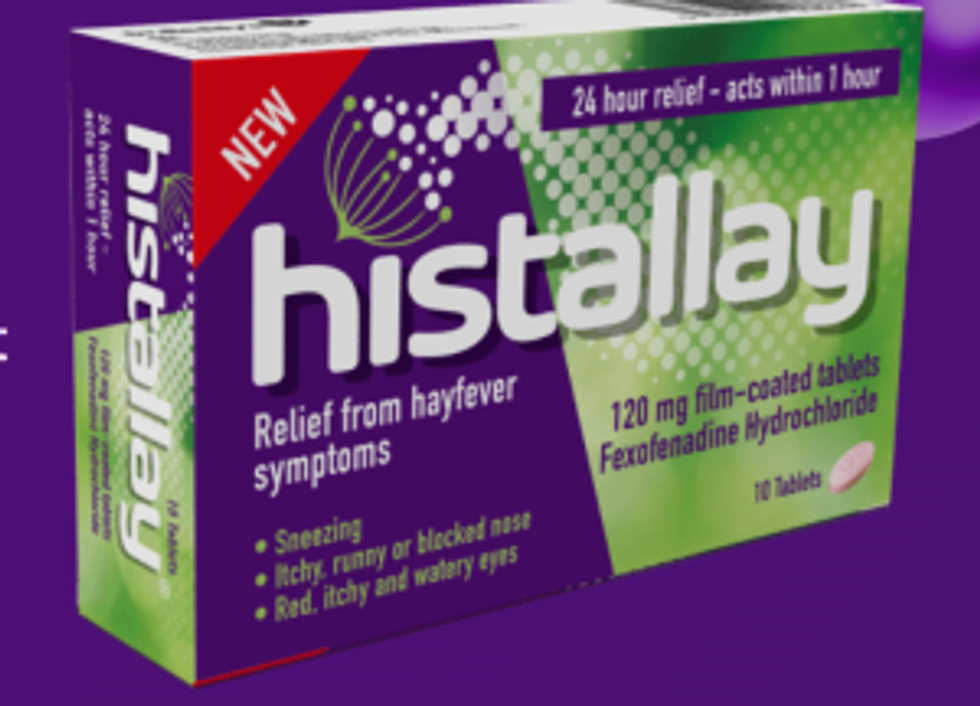People with hay fever can now get direct access to the product through pharmacies and supermarkets in the UK.
Indian multinational pharmaceutical company, Dr. Reddy's Laboratories has made its entry into the UK consumer health market with the launch of an over-the-counter allergy medication.
Histallay (Fexofenadine Hydrochloride 120 mg tablets) is the company’s first general sale list (GSL) product introduced in the UK market.
Previously classified as a Prescription Only Medicine (POM), Dr. Reddy's Fexofenadine 120 mg is now available without prescription, under the brand name ‘Histallay’.
This allows people with allergic seasonal rhinitis (hay fever) to get direct access to the product via retail outlets such as pharmacies and supermarkets in the UK.
The Indian company said it is already one of the largest producers of Fexofenadine Hydrochloride ( the active pharmaceutical ingredient in Histallay), which is the most dispensed antihistamine in the UK.
“Entering consumer healthcare is a logical step for us and true to our purpose of offering more choices for customers and patients.
“Our expertise in the allergy segment has already allowed us to become a leader in the UK’s prescription fexofenadine market.
“By making Histallay available over the counter, we enable allergy sufferers to get faster access to treatment and better control over their symptoms since early treatment is key,” the company writes on its website.
What is Hay fever?
Hay fever, also called allergic rhinitis, is an allergic reaction commonly triggered by pollen, house dust mites, mould spores, and pet dander.
According to NHS, cases are higher between late March and September, when the pollen count is at its highest.
Hay fever causes cold-like symptoms, including a runny or blocked nose, sneezing and coughing, itchy eyes and throat, loss of smell, headache, earache, and tiredness.
For people with asthma, their symptoms may get worse when they have hay fever. They may experience a tight feeling in the chest, shortness of breath, wheezing, and cough.
While a cold usually goes away after 1 to 2 weeks, hay fever can last for weeks or months, the health service stated.
How to treat hay fever
Unfortunately, there's currently no cure for hay fever, but treatment can help relieve symptoms at least to a certain extent for most people.
Hay fever treatments include antihistamines (for preventing an allergic reaction) and corticosteroids or steroids (for reducing inflammation and swelling).
If you have hay fever, you can speak to your pharmacist, who can give you advice and suggest the best treatments.
The NHS advised people to see a doctor if their symptoms do not improve after taking medicines from the pharmacy and are getting worse.














